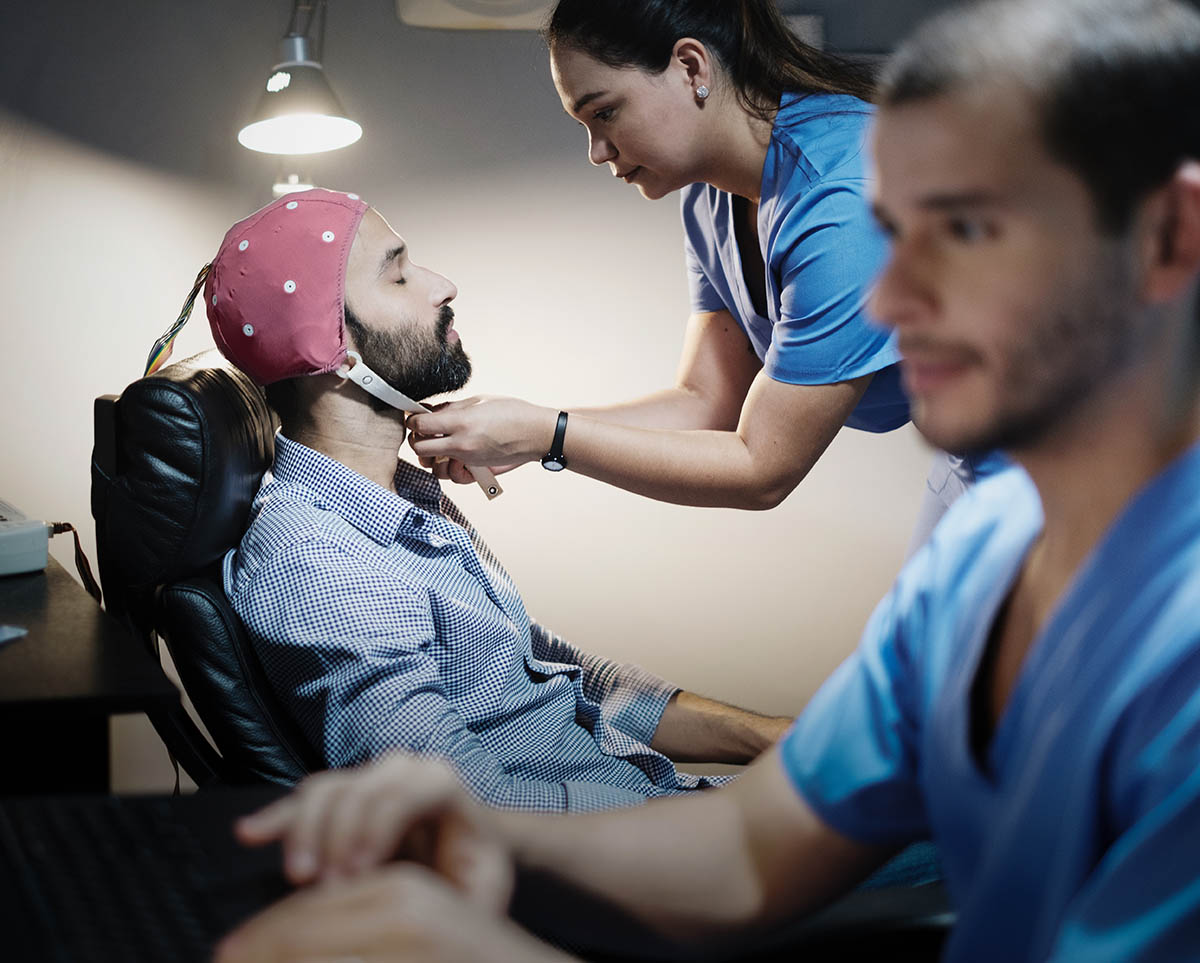When you go to the doctor, the focus is often on figuring out what’s wrong. While your doctor only wants to help, taking a clinical approach that seems to ignore what may be happening beneath your exterior can feel impersonal. Those who have experienced trauma can face challenges with their mental health. Trauma-informed care focuses less on fixing the immediate problem and more on understanding everything that led to your current issues. It’s a concept that informs the way everyone at Colorado Medication Assisted Recovery helps patients. If you’re looking for trauma-informed care in Colorado, contact us today at 833.448.0127 or fill out our online form.
What Is Trauma-Informed Care?
When people experience trauma because of neglect, abuse, discrimination, violence, and other adverse experiences, they often turn to risky behavior like drug and alcohol abuse. Someone who comes into the ER because of an opioid overdose may have started using the drugs to get away from memories associated with the experience of trauma.
Using a trauma-informed care approach to individuals seeking treatment for mental health or substance use disorders helps doctors, addiction specialists, and other medical professionals understand more about the experiences that led to a patient’s current state. Trauma therapy makes a big difference to a person when someone tries to understand what happened to them. Some important tenets of trauma-informed care include:
- Understanding how much trauma impacts people
- Looking at the way trauma affects a person’s ability to achieve recovery
- Recognizing signs of trauma in patients and those close to them
Learn how to avoid creating situations that might inadvertently remind patients of past trauma
- Understanding the role of resiliency in helping patients move forward
At Colorado Medication Assisted Recovery, our doctors and specialists take a trauma-informed care approach while providing treatments for addiction and mental health disorders. We believe that understanding how past experiences have impacted someone’s life is essential to creating an effective treatment plan for recovery.
How Can Trauma-Informed Care Help with Addiction?
Colorado Medication Assisted Recovery believes that taking a trauma-informed approach in all aspects of treatment helps our patients achieve better outcomes. Addiction and mental health disorders are complex issues that can’t be handled with a one-size-fits-all approach to treatment. By taking the time to understand what patients are going through, we can develop more effective approaches to addiction and mental health care.
The main principles that drive trauma-informed care include the following:
- Empowering patients – We focus on a person’s strengths and use them to help them progress through treatment
- Giving patients choices – Patients respond more positively when they feel they have a choice when it comes to their treatment
- Collaborating with patients – Everyone at Colorado Medication Assisted Recovery works with the patient and their family to obtain the best outcome
- Making patients feel safe – We want patients to feel secure in their environment when they come to Colorado Medication Assisted Recovery for treatment
- Earning the trust of patients – Patients can expect complete transparency and clarity when it comes to the treatments offered at our facility and the kind of care they can expect
It’s important to note, though, that trauma-informed care is not a one-time solution. It’s an ongoing process of understanding and support to help heal trauma.
What Are the Benefits of Trauma-Informed Care?
We’ve found that trauma-informed care benefits both patients and the staff at Colorado Medication Assisted Recovery. Those who come to us for help can learn how to rebuild fractured relationships or focus on building new ones with people supportive of a patient’s recovery journey. Trauma therapy is also a chance for you to have a voice regarding getting help for issues driving your addiction or mental health crisis.
Trauma-informed care gives staff the chance to understand our patients’ issues on a deeper level. That helps build trust both ways and makes us more empathetic to the challenges our patients go through as they work to improve their long-term physical, mental, and emotional health.
Some other benefits of trauma-informed care include:
- Being able to recognize and respond appropriately to signs of trauma while addressing underlying issues related to addiction or mental health disorders
- Creating a safe and supportive environment for patients to feel comfortable with the help they’re getting
- Offering different approaches to treatment that can address a wide range of symptoms
Trauma-informed care is the gold standard in modern addiction and mental health treatment. Colorado Medication Assisted Recovery is proud to offer this approach to all of our patients.
Experience Trauma-Informed Care at Colorado Medication Assisted Recovery
Colorado Medication Assisted Recovery maintains a safe, therapeutic environment for patients looking for help with mental health or addiction issues. Treatments and programs offered at our facility include:
- Medication-assisted treatment program
- Men’s rehab program
- Women’s rehab program
- Mental health treatment center
Contact Colorado Medication Assisted Recovery at [Direct] if you want to learn more about how we can become your partner in overcoming problems that may be holding you back in life.




















